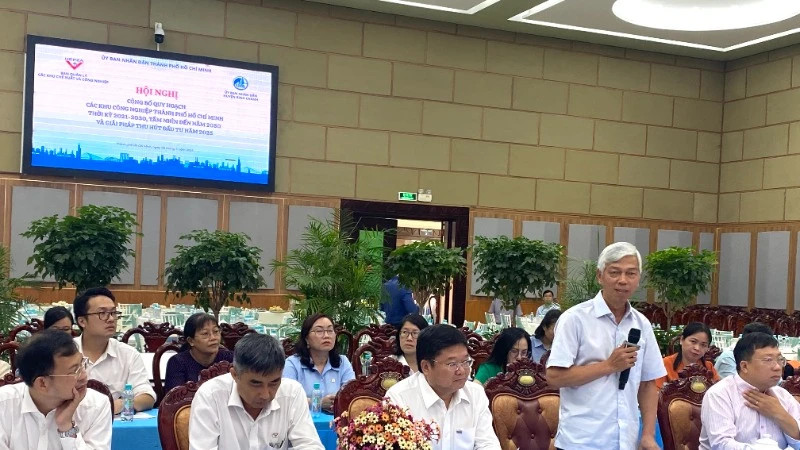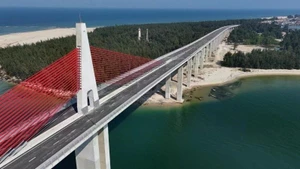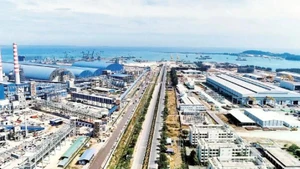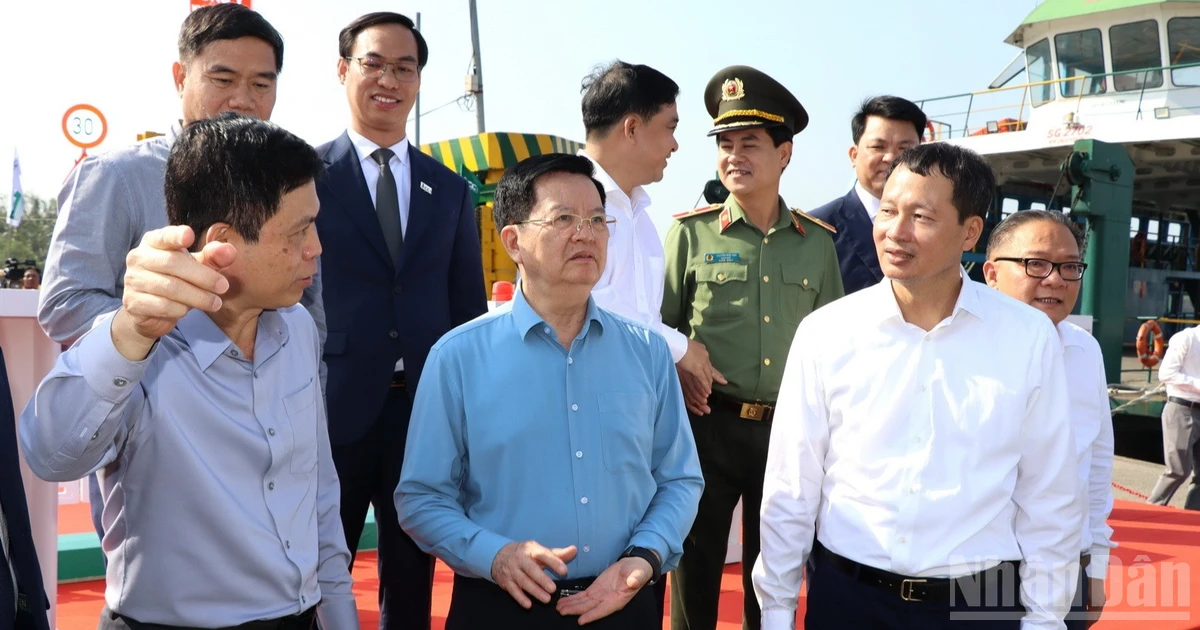This announcement was made at the conference on industrial park planning for Ho Chi Minh City for 2021–2030, with a vision to 2050, and on investment attraction strategies for 2025. The event was co-organised by the Export Processing and Industrial Zones Authority and the Binh Chanh District People's Committee on May 9.
The conference was attended by leaders from the Industrial Park Authorities of Binh Duong and Ba Ria–Vung Tau Provinces, alongside numerous enterprises, industrial infrastructure developers, and potential investors.
According to Pham Thanh Truc, Deputy Head of the Authority, the industrial park planning covers the entirety of Ho Chi Minh City, with a total area of 2,095 square kilometres. The city intends to retain its entire industrial land reserve while promoting deeper transformation, improving quality and operational efficiency, and restructuring industrial sectors toward high-tech, innovation, digital economy, green economy, and circular economy development.
The city also aims to shift away from resource-intensive, low-value-added industries towards environmentally friendly, high-tech manufacturing.
The Authority has committed to creating optimal conditions for investors entering newly established export processing zones. These efforts include streamlining administrative procedures and promoting digital transformation, implementing preferential policies and investment support measures, and enhancing investment promotion and marketing activities.
The Authority is also working with industrial park infrastructure developers to prepare pilot transformation proposals at five existing export processing and industrial zones. These proposals aim to shift towards high-tech industrial zones, eco-industrial zones, industrial–urban–service complexes, and logistics centres.
Speaking at the conference, Vice Chairman of the Ho Chi Minh City People's Committee Vo Van Hoan requested that the Authority develop a detailed and concrete plan to implement the zoning strategy and attract investment into the new industrial parks. In addition, he emphasised that the 17 existing export processing and industrial zones must proactively develop technology transformation proposals to encourage operating businesses to gradually adopt cleaner, greener, more environmentally friendly technologies, digital systems, and ecological industrial models.
















